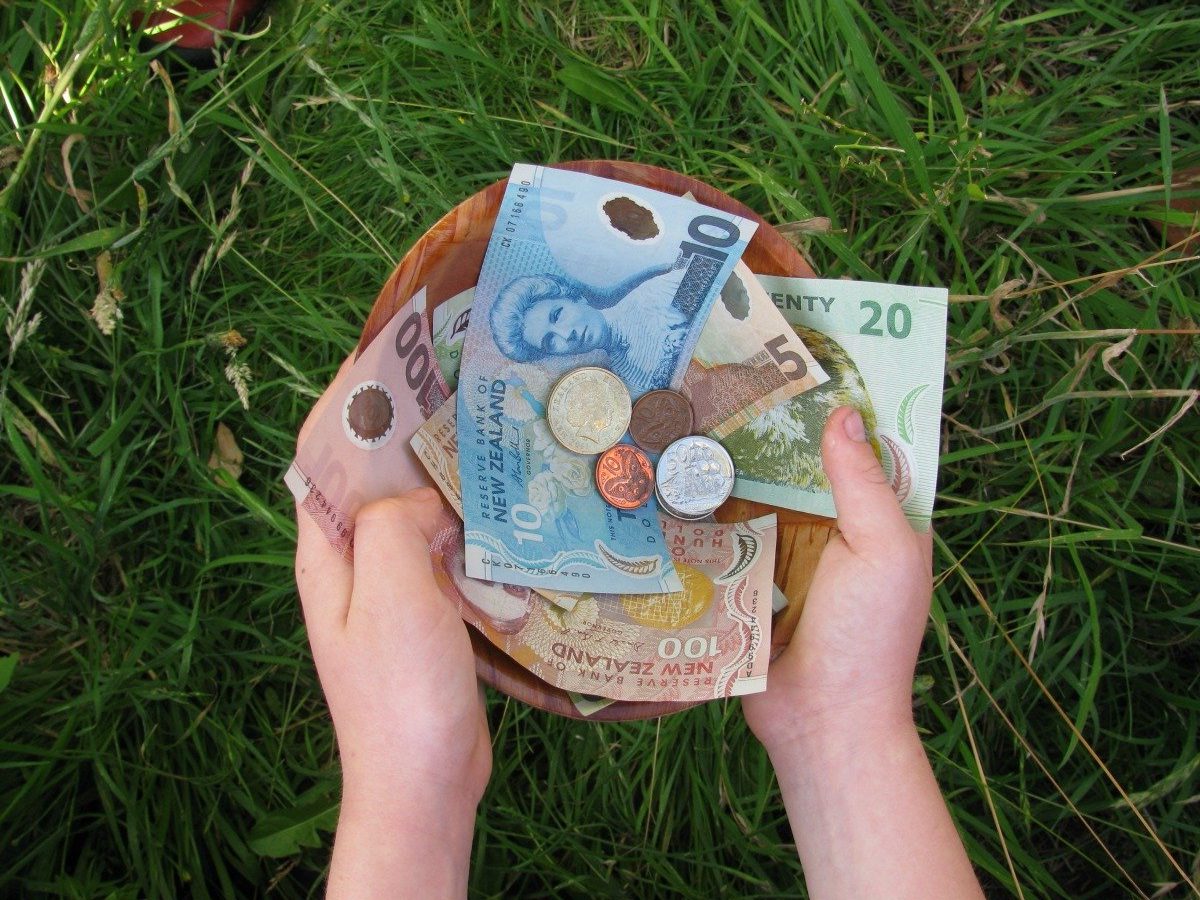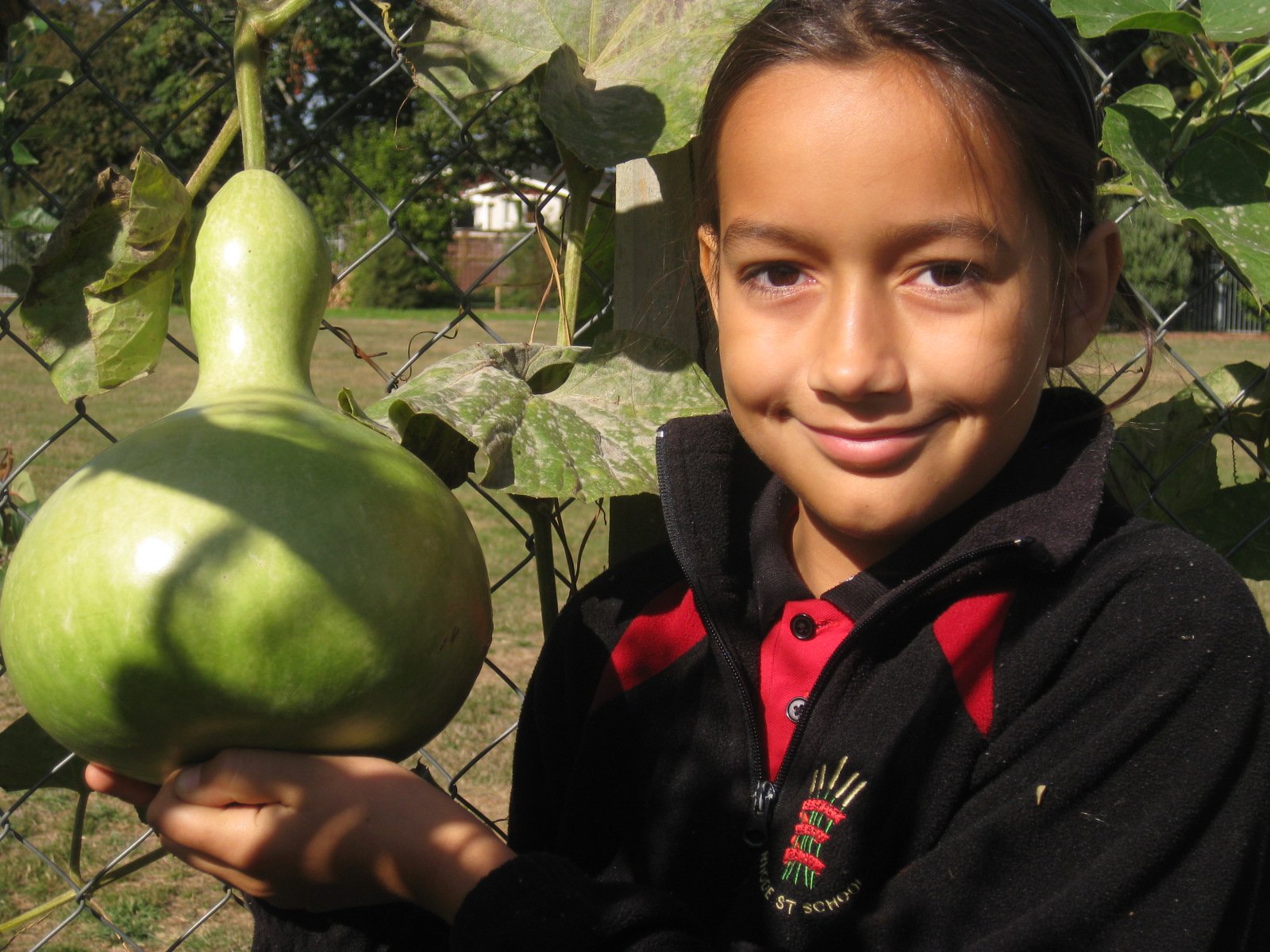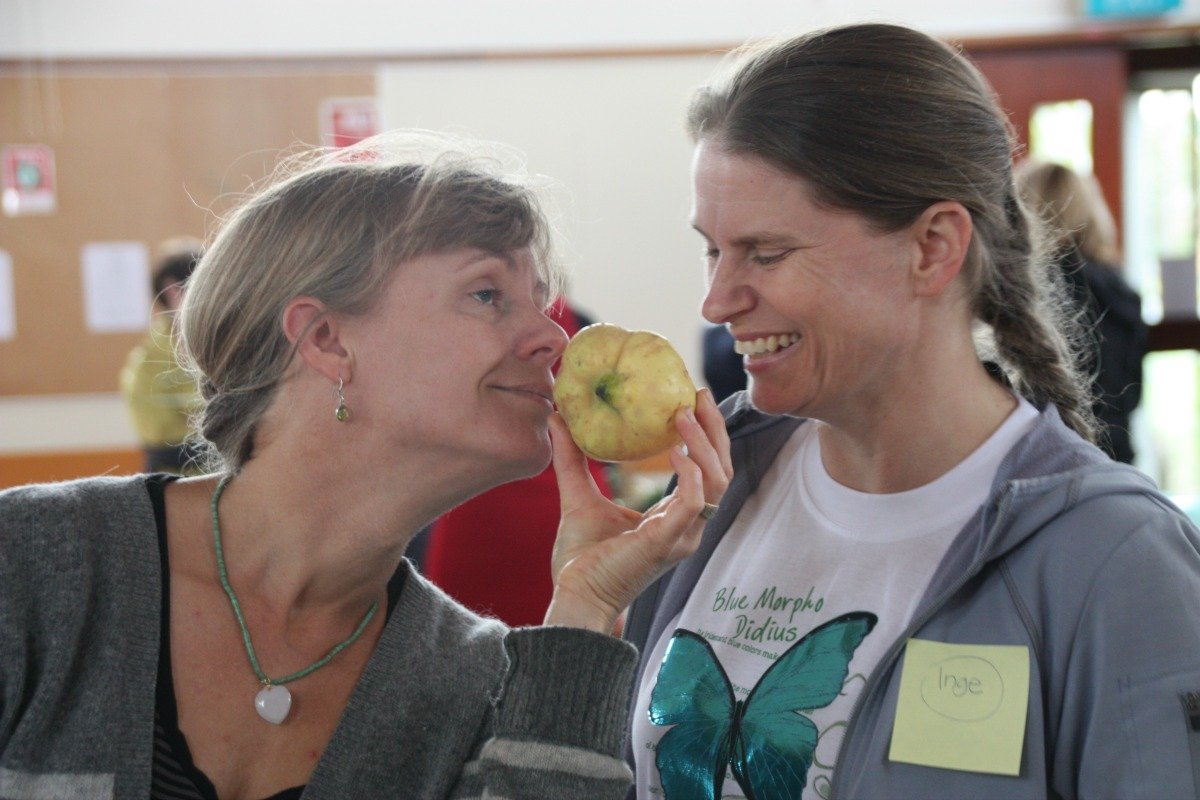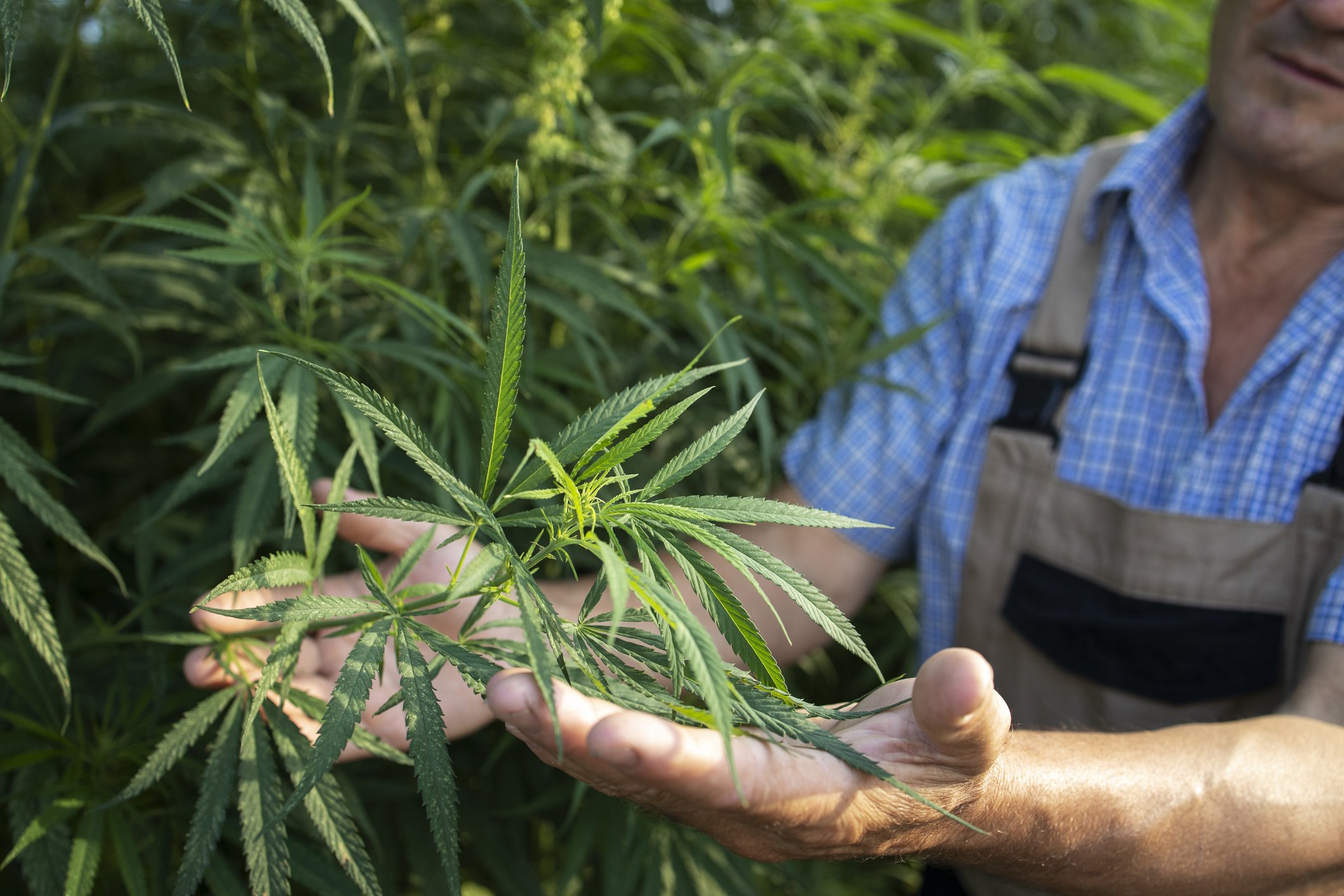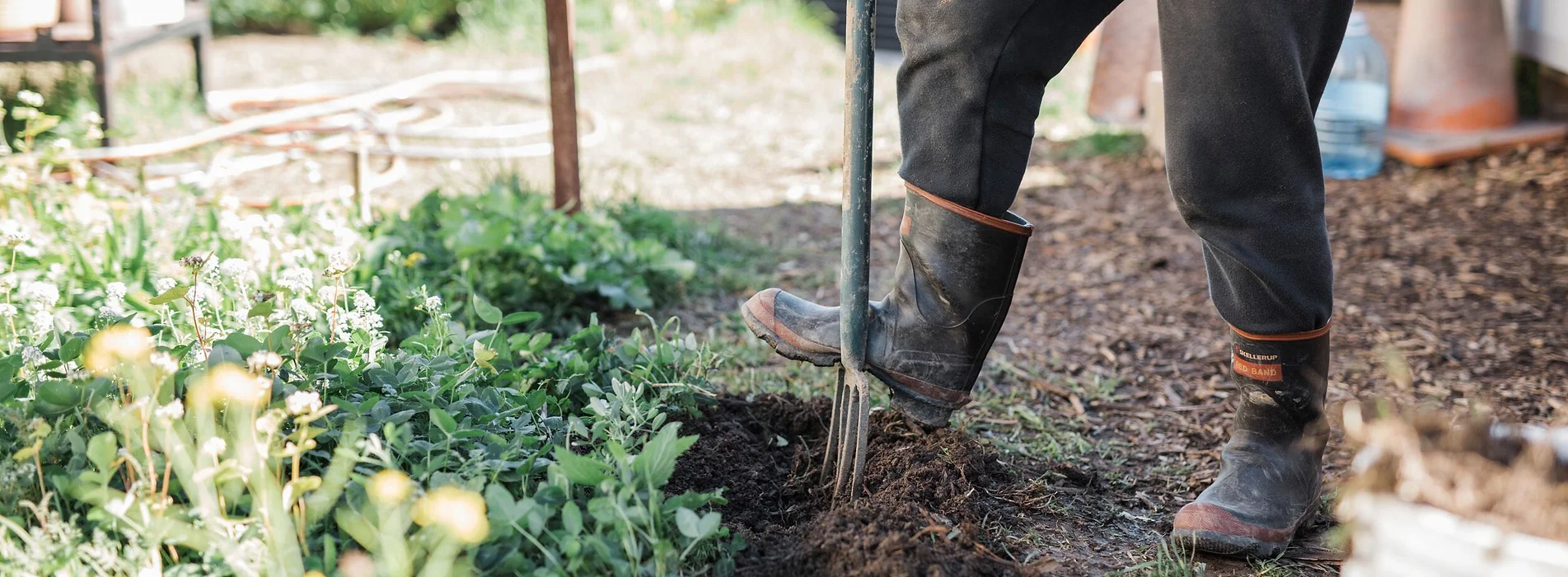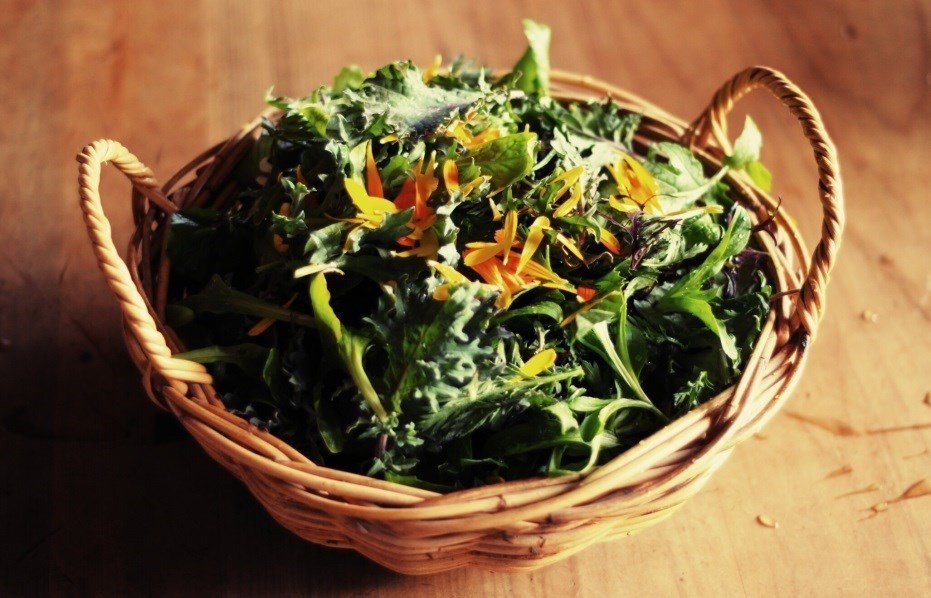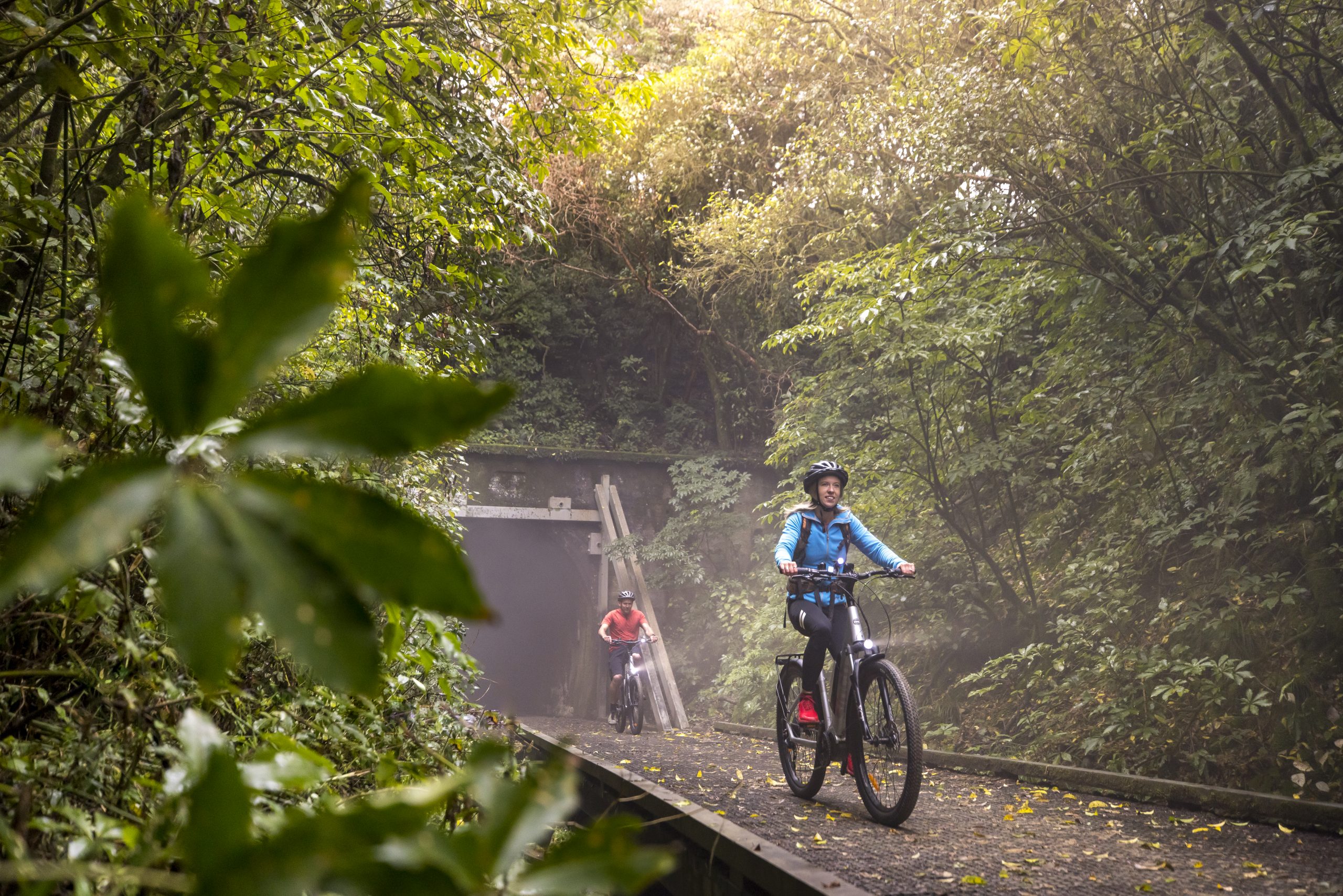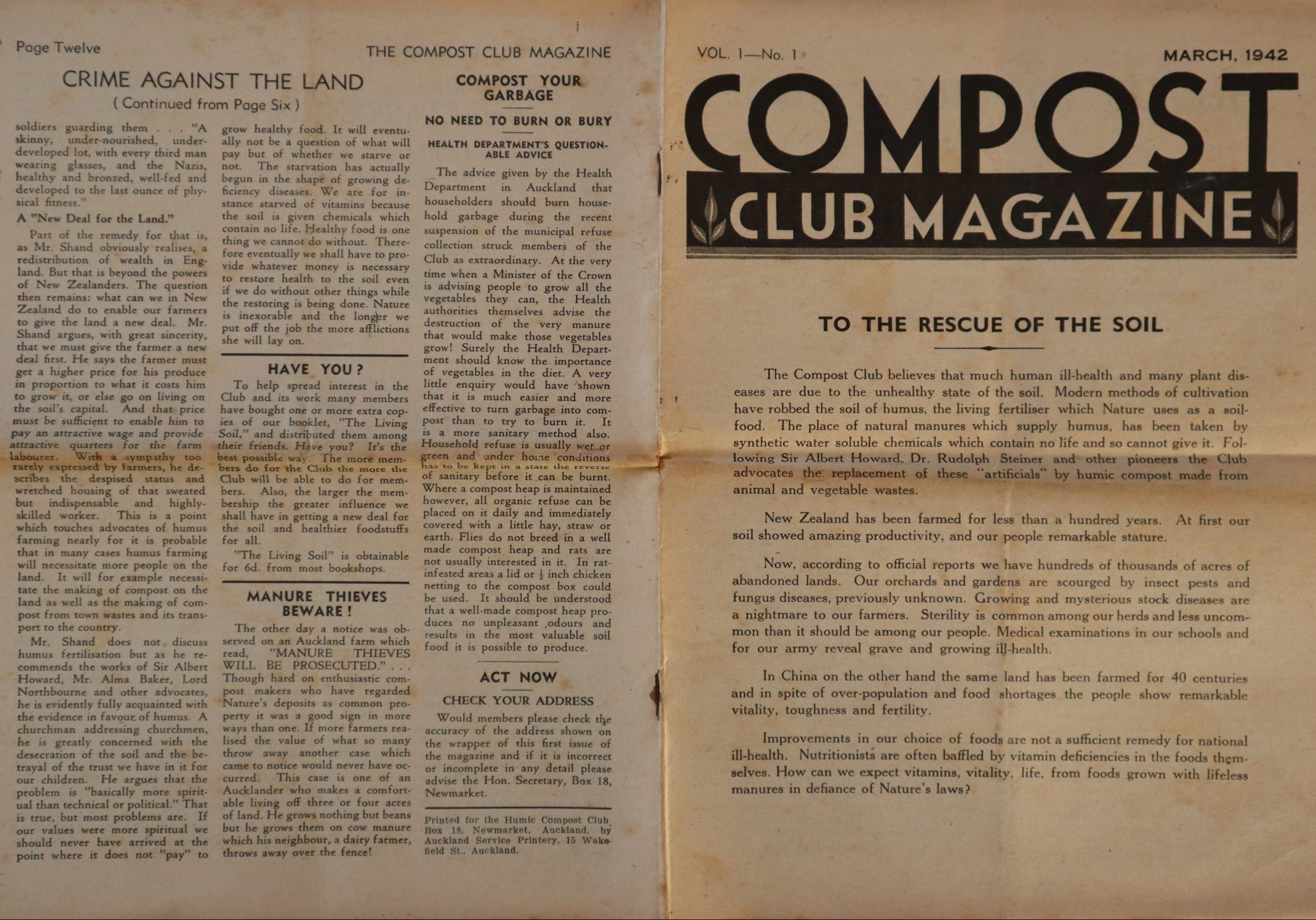Savings pools: interest-free loans and trading
Frith Chamberlain outlines a system that uses money in a fair and reciprocal way.
We hope you enjoy this free article from OrganicNZ. Join us for access to exclusive members-only content.
In November 2015 I had the pleasure of attending New Zealand’s first national ‘savings pool’ hui. This was held in beautiful Opotiki and hosted by the wonderfully talented team at the Awhi Tautoko Trust (if you need some daily inspiration for your community spirit then look these guys up). We had a fantastic time with incredibly inspiring people where we discussed savings pools and where we see them in the future.
Pooling resources to help each other
For centuries, people have recognised the benefit of pooling their resources, through co-operatives, buyers’ clubs and investment syndicates. Savings pools, where individuals combine their savings into a larger pool of funds, can bring with them similar benefits. Members deposit funds into the savings pool, and then take turns to access the pool’s funds (to buy the fridge, the holiday or pay off a loan) on an interest-free basis.
There are savings pools in New Zealand and in other countries – for example, the JAK Members’ Bank, which launched in Sweden in 1965. There are around 30 pools operating in New Zealand at present, with more starting every year.
The basic operating principle of savings pools is that a member who uses the pool funds in the form of a loan is obligated to make available to the pool the same amount of money for an equal time period. Once this reciprocity requirement has been satisfied, the member is free to withdraw that money, or continue to leave any part of it in the pool. This ensures fairness and guarantees the continued availability of funds without the need for interest or fees.
Kiss that interest goodbye!
Here is a simplified example of what usually happens when dealing with a bank. An individual applies for a bank mortgage of $225,000. After 25 years of payments, they have a freehold house to live in. They have also paid over $225,000 in interest to the bank, with nothing tangible to show for this money.
An individual belongs to a savings pool and applies to borrow $225,000. After 25 years, the individual has a freehold house to show for the $225,000 it paid the vendor plus $225,000 in savings! This is called reciprocity, where you have lent this money to the pool to borrow from in exchange for no interest. At this stage the individual can either leave their savings in the pool (where they enjoy the benefit of helping others reach their goals), or they can remove this money and leave the pool.
Our savings pool
The savings pool I am part of has completed two loans in the year we have been together. We had the joy of paying off the remaining mortgage of a wonderful retiree. She is now paying her $10,000 loan off to us interest-free. The other $8000 loan has been used to pay the debt of a young family. This has helped to reduce the financial burden while one family member is fighting cancer. The family have used their caravan as security and are paying the loan off interest-free. After these loans are paid they then have the added bonus of knowing their savings are secure and available if required.
We are inspired by another pool in New Zealand that has recently facilitated a $200,000 loan for a mortgage, and hope to tackle some bigger loans for our members this year.
It is exciting to eliminate the amount of interest we pay, as interest represents an enormous waste, a constant flow of wealth out of our households and out of our towns. A savings pool is a way of conserving local wealth, where we all have something to offer and we all have scope for initiative and leadership.
Fair, transparent and member-controlled
Because members don’t earn interest on their contributions, savings pools are not money-making investments. The following key features, however, make them extremely effective cost-savers.
- No interest is charged for the use of pooled funds and no one creams off any profit, thus there is value and equity.
- Contributors themselves decide how their funds are used and purchased assets belong to the pool until they are paid for in full, creating control and security.
- There are next to no costs; members balance received benefits with matching contributions, and accounts are open to all members. This makes for a simple, reciprocal and transparent system.
Setting up a savings pool
Anybody can start a pool in New Zealand. It requires a group of like-minded people, good communication and some courageous forward thinking. One organisation that can help with this is Living Economies. The Living Economies Educational Trust is a nationwide charity dedicated to strengthening regional economies by conserving local resources, nurturing local talent, promoting regional self-sufficiency and developing community- and business-friendly means of exchange.
Organisations like Living Economies are not afraid to ask these probing questions: What if we could trade without paying interest? What if communities could replace debt-based money with forms of exchange involving no waste? They alsoeducate and inform communities and individuals (whether or not they are members of savings pools) on how savings pools can work.
Savings pools are legal – provided the pool members take care to ensure they abide by applicable legislation. Living Economies can provide information about the legislation that can apply, but its advice is necessarily general, and those involved with savings pools as members or prospective members, and persons considering forming a pool, should seek their own legal advice.
If you’d like to know more about the savings pool system or be part of one in your area, then contact either myself or Living Economies for further information.
More information
- Living Economies: www.le.org.nz, www.facebook.com/livingeconomies
- tvnz.co.nz/seven-sharp/interest-free-mortgage-video-5873349
- www.jak.se/jakexplained
Frith Chamberlain is the chair of Soil & Health’s Mid Canterbury branch and a passionate believer in the savings pools concept. havelockseakayak@clear.net.nz

